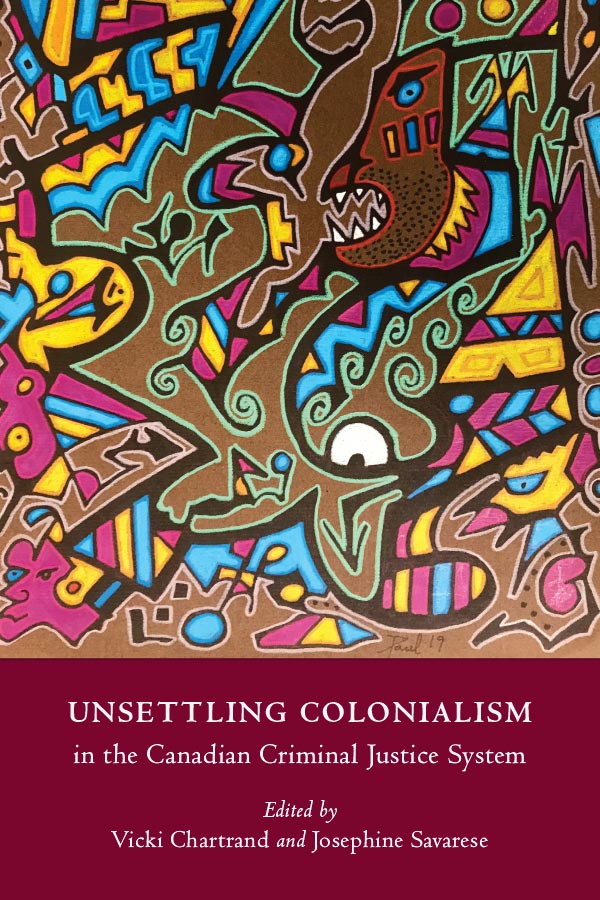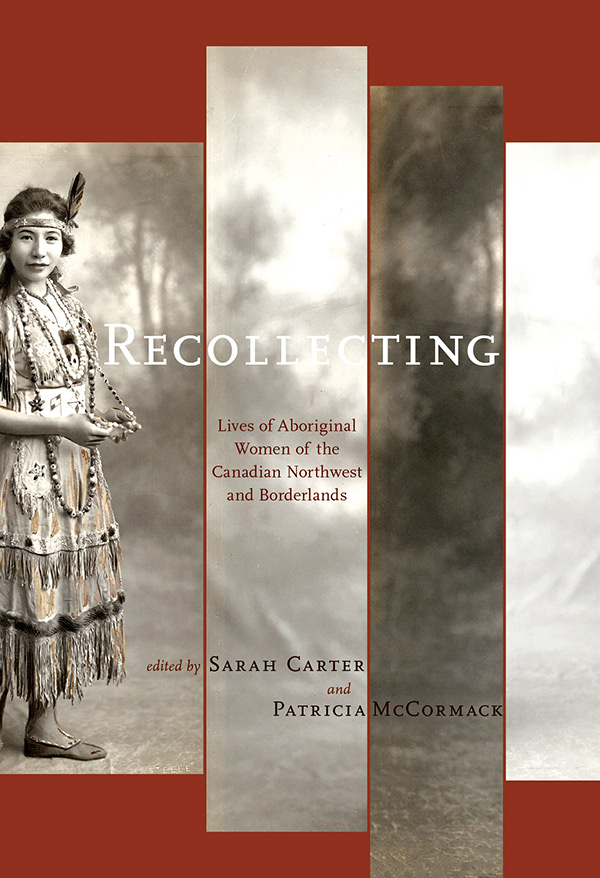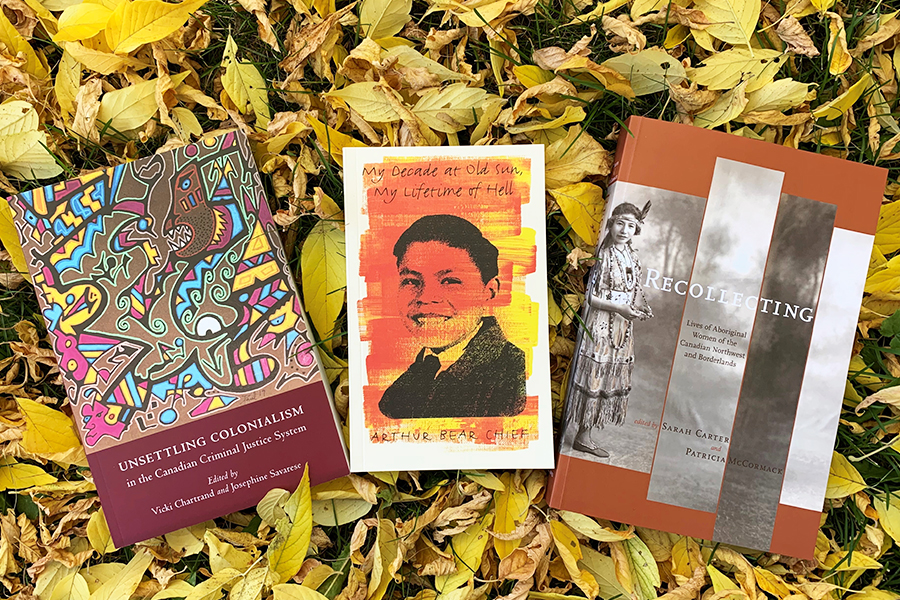September 30th is National Day for Truth and Reconciliation, also known as Orange Shirt Day, and Athabasca University is closed as we take time to reflect on the impact of the Canadian Indian residential school system. Moving forward in a good way involves engaging with Canada’s ongoing legacy of colonialism as it is experienced by Indigenous peoples past and present, and so we have prepared a list of three AU Press books that honour these experiences in a spirit of truth and reconciliation.

Unsettling Colonialism in the Canadian Criminal Justice System edited by Vicki Chartrand and Josephine Savarese
Canada’s criminal justice system reinforces dominant relations of power and further entrenches the country in its colonial past. Through the mechanisms of surveillance, segregation, and containment, the criminal justice system ensures that Indigenous peoples remain in a state of economic deprivation, social isolation, and political subjection. By examining the ways in which the Canadian justice system continues to sanction overtly discriminatory and racist practices, the authors in this collection demonstrate clearly how historical patterns of privilege and domination are extended and reinforced.
![[book cover] My Decade at Old Sun My Lifetime of Hell](https://www.aupress.ca/app/uploads/120260_My-Decade-at-Old-Sun-My-Lifetime-of-Hell-cover.jpg)
My Decade at Old Sun, My Lifetime of Hell by Arthur Bear Chief
My Decade at Old Sun, My Lifetime of Hell is a simple and outspoken account of the sexual and psychological abuse that Arthur Bear Chief suffered during his time at Old Sun Residential school in Gleichen on the Siksika Nation. In a series of chronological vignettes, Bear Chief depicts the punishment, cruelty, abuse, and injustice that he endured at Old Sun and then later relived in the traumatic process of retelling his story at an examination for discovery in connection with a lawsuit brought against the federal government.
He returned to Gleichen late in life—to the home left to him by his mother—and it was there that he began to reconnect with Blackfoot language and culture and to write his story. Although the terrific adversity Bear Chief faced in his childhood made an indelible mark on his life, his unyielding spirit is evident throughout his story.

Recollecting: Lives of Aboriginal Women of the Canadian Northwest and Borderlands edited by Sarah Carter and Patricia A. McCormack
This rich collection of essays illuminates the lives of late-eighteenth-century to mid-twentieth-century Aboriginal women, women who have been overlooked in sweeping narratives of the history of the West.
Some essays focus on individuals—a trader, a performer, a non-human woman. Other essays examine cohorts of women—wives, midwives, seamstresses, nuns. Authors look beyond the documentary record and standard representations of women, drawing on records generated by the women themselves, including their beadwork, other material culture, and oral histories. Exploring the constraints and boundaries these women encountered, the authors engage with difficult and important questions of gender, race, and identity. Collectively these essays demonstrate the complexity of “contact zone” interactions, and they enrich and challenge dominant narratives about histories of the Canadian Northwest.


